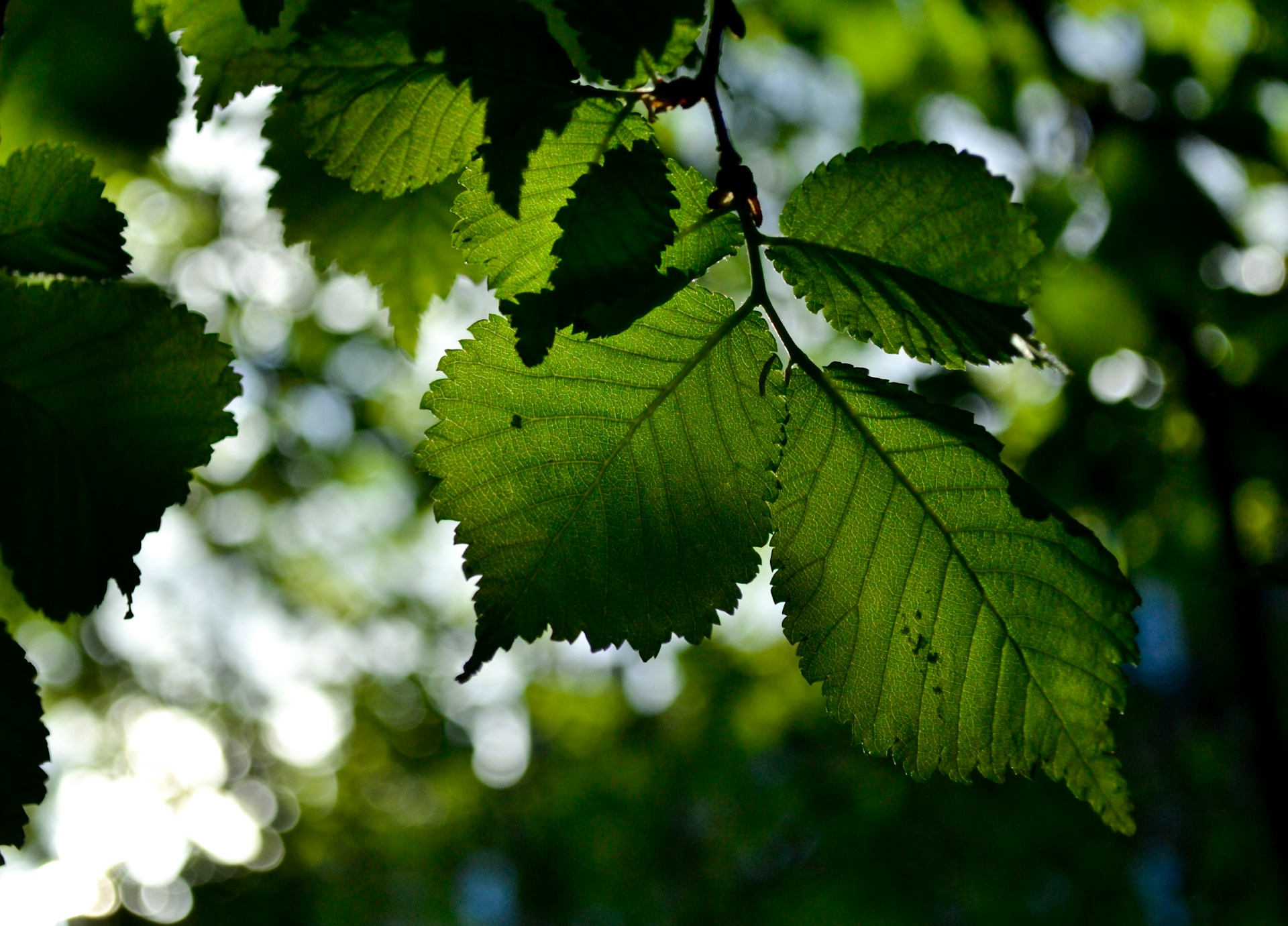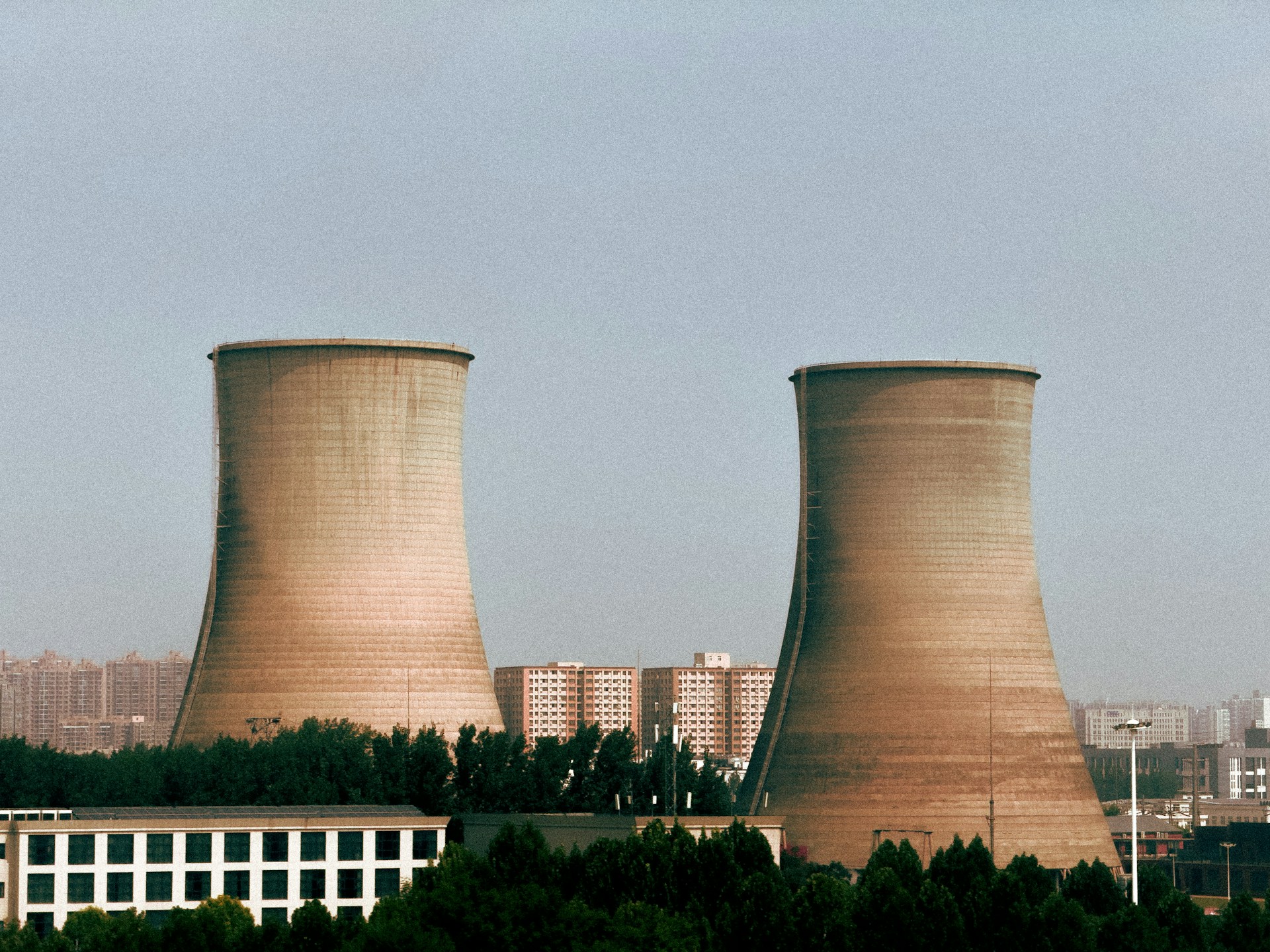Sea Yun Pius Joung, Editor for OxSci interviews Dr Bethany Sollereder from the Theology and Religion Faculty
1. What prompted your interest in Science and Religion?
I was drawn to science and religion because I cared about the Bible. I did not know or care much about science itself, to start. I wasn’t a scientist and didn’t care about the arguments that regularly happened surrounding those topics in North America, especially around whether or not evolution happened. But I read Denis Lamoureux’s Evolutionary Creation and it showed how bringing science to the table affected hermeneutics in a dramatic way. I cared about that! So I started to learn more, and when I moved to Vancouver to get a master’s degree, I switched my major from history (my other great love) to an interdisciplinary degree that allowed me to pursue science and religion research.
There are times of great trouble ahead, and this is often when Theology comes into its own.
2. What are some of the avenues for research in Science and Religion in general at present?
The problem with such a broad area as “Science and Religion” is that the scope is nearly limitless. Ideally, it is not “Science and Religion” but “sciences and religions”—neither of those are a homogenous whole, and research could range from the hard sciences like Physics and Chemistry to the more social sciences of Psychology and Sociology.
Similarly, although most work in Science and Religion has really been in relationship to Christianity, the sky is the limit for exploring how various sciences engage with other world religions. Even that is just scratching the surface, because all science and religion depends on some sort of metaphysic, and so philosophy enters the picture. Then, you can add history to the mix as well, since both science and religion are culturally situated within human traditions. So, there are many, many avenues for research.
There has been a trend of moving away from the traditional staples of science and religion, which were mainly about either physics or evolution and Christianity, and toward areas that are not slightly veiled apologetics, but rather are working toward how to live in the world better. An example would be Matthew Whelan’s work on agriculture and religion, or Sarah Lane Ritchie’s work on spiritual technologies.
3. Could you introduce your fields of research for us a little?
My doctoral work asked: “How could a good God create through evolution, when that involves suffering, death, and extinction?” Paul writes that death entered the world through sin, but evolution tells a different story where life has always been dependent on death. I ultimately came to the conclusion that spiritual death enters through sin, but physical death and the harms that occur through evolutionary development to creatures and species should not be seen as a result of the fall. Rather, they are part of the risk of creation in love.
My current work is looking at how we can think theologically about climate change, especially if we are “past the tipping point” and there is no going back to the climate “normal” that has held reasonably stable since the last ice age, and upon which our agriculture and trade is largely built. With rapid climate change, we may find ourselves having to rapidly change the way we live—much like the coronavirus has done. Except, with climate change, there is no vaccine and no easy way out. The changes will be permanent, at least, by human timescales.
4. Why is this a theologically interesting topic?
There are times of great trouble ahead, and this is often when Theology comes into its own.
When it comes to conservation, restoration, or land management, the natural sciences can tell us what to do, but not why should we do it, or what end we should head towards. Should we try to geo-engineer the earth to maintain a steady climate? Why should we bother with restoration at all when it is perfectly natural for species to go extinct? Science can only give limited answers to those questions, like “climate change may affect food supply”, but it cannot get to the heart of the human quest, which asks “Why are we here? What purpose do we serve? What responsibilities do we hold in regard to other life?” Science does not have answers to these, and that is where theology comes in.
Theology can talk about meaning, purpose, right and wrong.
Theology can talk about meaning, purpose, right and wrong. Theology can look at different ways to understand our role: this is perhaps most evident in the debates about what it means to be made in the image of God. Are we to have dominion over other creatures? Should we be seeking to subdue the whole world under our rule? Or are other creatures our partners in writing world history, so that we should give them freedom to be themselves without our interference?
The same is true as the climate begins to change. Suffering for the majority of humans is likely. Death, as it always has been, is inevitable. Theology can be our guide through facing those challenges.
5. What are some of the challenges associated with a theology of the environment?
Well, the challenges begin with trying to figure out what relationship Theology and Ecology should have with each other. Are these mutually exclusive pursuits, as someone like Lynn White Jr. would suggest? With theology simply advocating the human suppression of and mastery over the natural world? Or is there a more positive relationship, like that suggested by Loren Wilkinson and Michael Northcott and many others, where theological resources provide the foundation of ecological motivation? Once that has been settled, then there is the challenge of asking “What theology is actually relevant?” Most theology is anthropocentric. It is myopically focussed entirely on human concerns. Although there has been a strong movement away from anthropomonic theology (theologies that think that only humans matter) in recent times, much of the wisdom from the past cannot always provide a great road map for how to proceed. Just as with the challenges of genetic manipulation or modern total war, we are dealing with realities that are novel, that past theologians did not reflect on. That does offer a great deal of creativity and scope to our work, but it is also extremely challenging to build whole new areas of theological inquiry. We are charting new territory, and that is both exhilarating and rather scary!
6. What advice might you give for a natural scientist, as a theologian by training in the field of science and religion? What can religion teach an average scientist?
Well, speaking as a Christian theologian, I feel confident in saying that scientists don’t need to compartmentalise their pursuit of science from the questions they have about religious truth. A great deal of work has been done to show that science and religion are not at war. The idea that they were at war is a myth that is only about 130 years old. But in the early 19th century, when many of the Fellows of the Royal Society were also clergy, that idea would have been laughed out of town. (Indeed, the 1663 charter of the Royal Society states that its scientific activities would be devoted “to the Glory of God the Creator”.)
And, if this hypothetical scientist is a Christian, I would also add “don’t be afraid to ask difficult questions of the Bible.” I became interested in science and religion because bringing science to the table made me ask different questions of the Bible, it helped me read the Bible in new ways and challenged many of the ways I’d been taught to read the text. Yet, for every presupposition I had to put down, I gained immensely in new and richer ways of reading the text. There is no reason to fear that you will lose the Bible or faith if you allow your science and religion to mix. It may be rough for a while, like learning a new language, but you will find a great fluency waiting for you on the other side of some hard work.
7. How should the field of science and religion influence our everyday lives?
I think there are two main ways it could influence our lives. The first is that it teaches us to question the reach and the limitations of different kinds of knowledge. There are some questions that science is extremely good at answering, and others that it has no power at all to answer. The same is true of religious and philosophical knowledge. Science and religion as a discipline helps us analyse and use respect the different kinds of enquiries into knowledge that people make. This is especially important when scientific and religious knowledge overlap, such as in bioethical questions, or asking questions like “what does it mean to be human?”
The second way science and religion can influence our everyday life is by simply helping us to understand what are arguably the two most important shaping factors of our world today. The study of religion (which includes the study of secularity) draws us into history, philosophy, and intercultural studies. The study of science helps us understand the technologies that are infused with our every waking moment. If you want to understand the world today, if you want to understand politics in the United States or the Middle East or South America, then you cannot do without an understanding of religion. If you want to understand the threats of climate change to the whole human species, then you need to understand the power and limitations of science.
I know that every discipline tries to make its case for why it, in particular, is of crucial importance at this moment. Science and Religion, helps us to consider a whole picture view of the world and people in a way that the fragmented approaches of the modern academy rarely allows. We ask the big questions, and are not ashamed of it!





